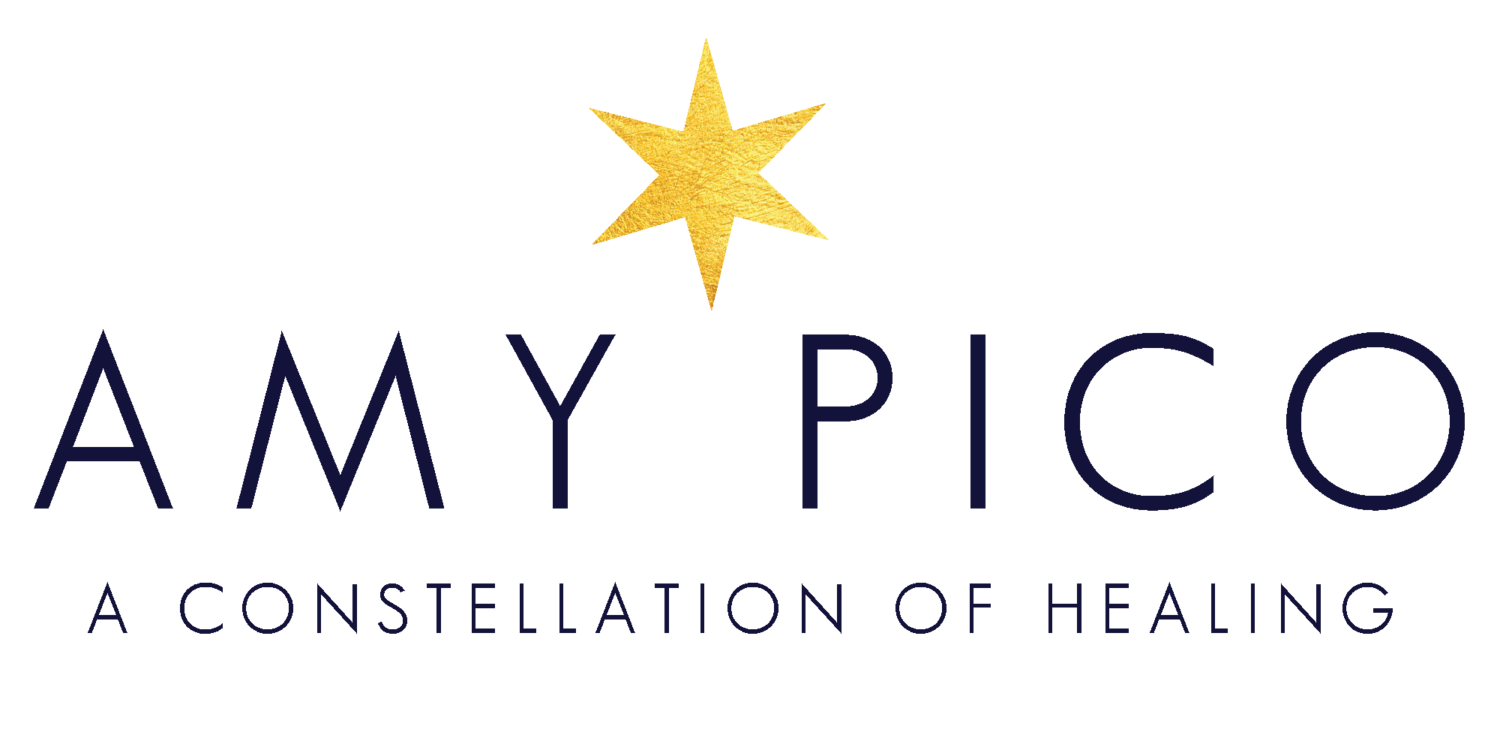Last year, I wrote about inclusivity during Pride month, and also came out! This year, the timing of this post coincides with the national conversation around gender-affirming care. This access has been threatened for many people, including those in my state of Florida.
Since I identify as a neurodiverse queer person who is still learning how to present as an inclusive psychotherapist, I wanted to take some time to share a bit about how I am working on providing ongoing affirming care for my diverse clients.
First, a few disclaimers. I am a Caucasian female (she/they) who innately has privilege based on these two facts. I do not experience blatant discrimination based on my gender identification, sexual orientation, or race. Due to my economic privilege, I have found independent practitioners who provide gender and neurodiverse healthcare.
During our intake process, I will ask if you prefer any electronic forms to communicate any needs related to your mental health care. I usually gather this information in a conversational style so that you can disclose or withhold any information at your pace. However, some neurodiverse people prefer to communicate in writing, and you will have this option throughout our treatment.
In this ongoing relationship, I will be asking for any neurodiverse, cultural, gender, sexuality, or other considerations you would want me to know. Again, this information will also be available in written form. As we progress, I approach all therapeutic relationships with a sense of curiosity and a beginner’s mind. You are ultimately the expert on yourself, and if I don’t understand something, my neurodiverse brain will seek to understand by remaining open to you and your lived experience.
As your advocate, I have worked with clients with comorbid physical health issues that are often chronic and ongoing. I work hard to help my clients find local doctors, dentists, and bodyworkers who are considerate of chronic conditions. In this search, I am also looking for healthcare providers who listen and consider my clients neurodiverse and gender orientations as part of their ongoing care.
Despite my efforts to educate myself and remain curious and compassionate, I still make mistakes. Moving through the world as a queer or trans person often feels dangerous. I understand that paranoia is a natural byproduct of hate and discrimination. I also know that I may miss things, despite working on my blind spots and my innate privilege. I hope we work together with ongoing collaboration, curiosity, and grace.
Being proud of who we are is an innate right we all have as human beings. I am proud of my neurodiverse brain, my androgynous orientation to sexuality and gender, and my growing capacity for love in all forms. If you are interested in working with me, please fill out my application here or email me here.



